
The Wolf Den Trilogy: A Journey of Empowerment & Survival
I will admit that when I first picked up The Wolf Den it didn’t immediately click with me. However, as I continued reading the themes and topics touched on made made it a series I couldn’t put down. I finished the trilogy in four days if that says anything.

Elodie Harper’s historical fiction trilogy—The Wolf Den, The House with the Golden Door, and The Temple of Fortuna—is a thrilling journey into the heart of ancient Rome, and I want to share why this series should be at the top of your reading list. Harper masterfully weaves a tapestry of power, survival, and transformation, pulling us into a vividly detailed Roman world.
The trilogy delves into the gritty realities of Roman life, seen through the eyes of a fiercely compelling protagonist. The world is rich with historical authenticity and emotional depth, offering a front-row seat to the drama and dynamism of ancient Rome.
The Wolf Den
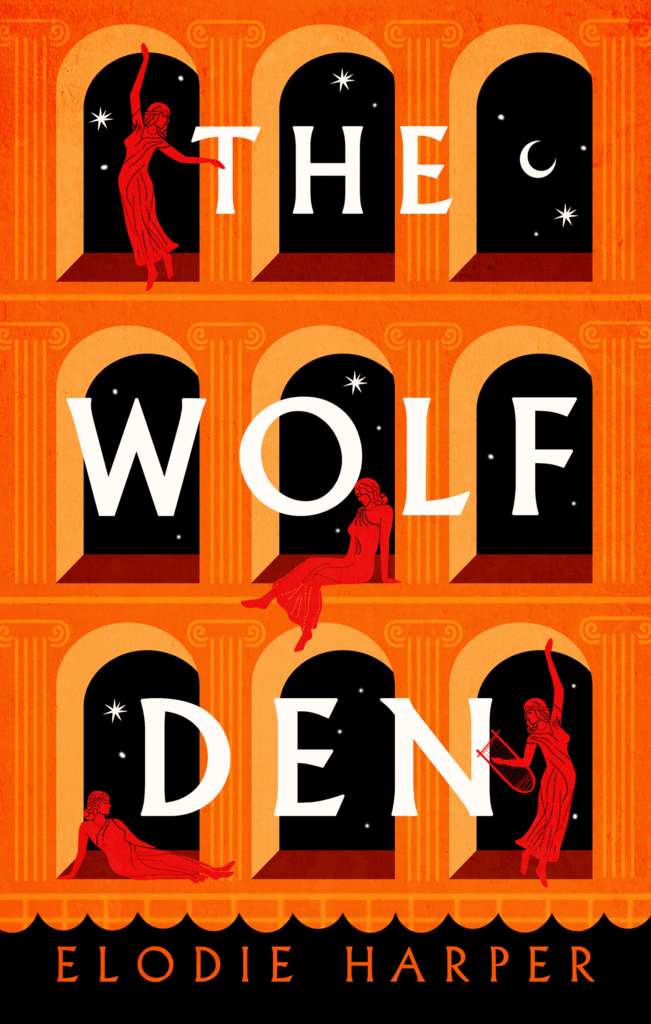
Synopsis:
The Wolf Den introduces readers to Amara, whose life takes a harrowing turn when she’s sold by her mother and enslaved in Pompeii’s notorious brothel. Once a cherished daughter, her family’s fall into poverty has stripped her of her freedom and dignity. Despite her circumstances, Amara’s sharp mind and unyielding spirit remain intact. Hidden behind the façade of a she-wolf—valued only for the desire she can inspire—she dreams of escape. As she navigates the treacherous streets of Pompeii with her fellow slaves, Amara learns that everything has a price. This gripping novel reimagines the lives of women long overlooked, bringing their stories to light amidst the backdrop of ancient Pompeii.

Themes and Analysis:
- Empowerment:
- Amara’s character is central to the theme of empowerment. Despite her lowly position in society, she wields significant influence through her role as a courtesan. Harper explores how Amara navigates a world where power dynamics are skewed, and women often find themselves at the mercy of men’s whims. Her resilience and strategic thinking highlight her struggle to reclaim herself.
- Historical Authenticity:
- The attention to historical detail is evident as the novel delves into the daily life of Pompeii, from its social customs to its political tensions. Harper’s research into Roman life ensures that the setting feels authentic, providing readers with a detailed and immersive experience.
- Social Hierarchies:
- The novel vividly portrays the rigid social hierarchies of ancient Rome. Amara’s interactions with various classes illustrate the complexities of social mobility and the limited options available to women in her position.
The House with the Golden Door:
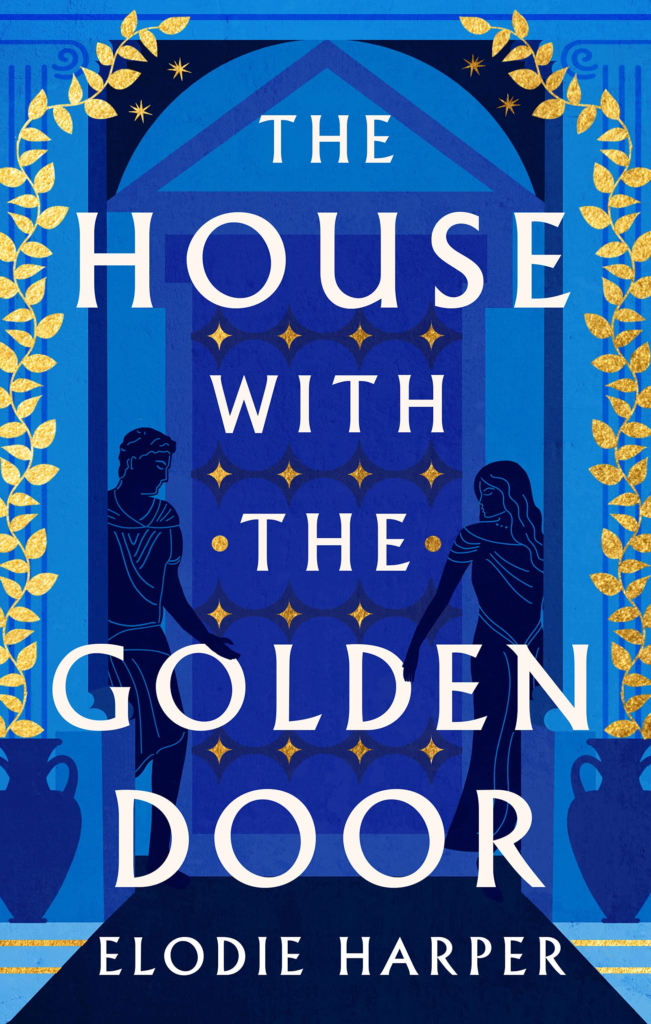
Synopsis:
The House with the Golden Door continues Amara’s story as she transitions into a new class of life in Pompeii as she has now opened a new chapter of perilous glitter and intrigue. As a courtesan, her survival now hinges on the favor of her patron—a man whose choices aren’t entirely his own either. To secure true freedom, she must navigate a world governed by the whims of the powerful, where finding true affection may be the most dangerous gamble of all. This novel delves into the precarious life of a courtesan, exploring themes of survival, power, and the cost of freedom in ancient Pompeii.

Themes and Elements:
- Resilience:
- Amara’s determination to not let her past mar her future goes to show how strong one had to be in her position to attain basic necessities. Both this book and the previous one heavily touch on the idea of what it means to have self worth when all you’re treated as is an object.
- Power Struggles:
- The novel examines the idea of power and how it heavily correlates to money in this society. Amara’s interactions with various characters reveals more of the power structure in Pompeii and the ongoing struggles for influence and control.
- Ambition
- Amara’s quest to secure her place and achieve her goals underscores themes of ambition and redemption. Her pursuit of the house with the golden door symbolizes her desire for a new beginning and a better life.
The Temple of Fortuna:
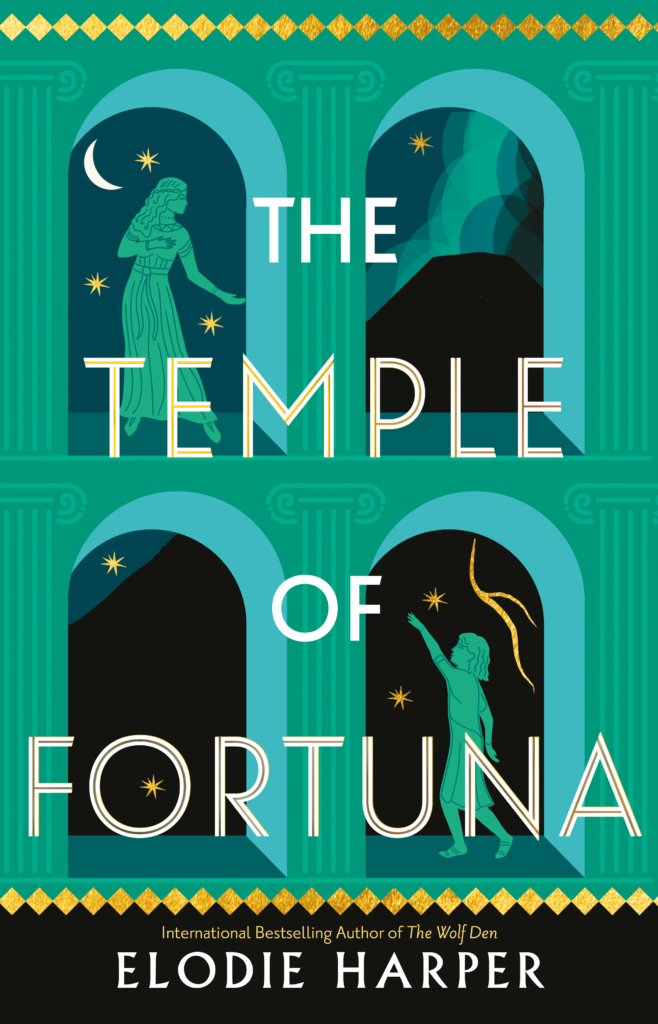
Synopsis:
The Temple of Fortuna concludes the trilogy, focusing on Amara’s final struggles and triumphs. In the final installment, Amara’s transformation from a slave in Pompeii’s brothel to a powerful courtesan in Rome comes full circle. As she maneuvers for influence within Rome’s imperial palace, her past continues to shadow her. Set against the backdrop of AD 79, the imminent eruption of Mount Vesuvius threatens to upheave her hard-won status and endanger those she holds dear. Amara must confront her past and navigate the perilous currents of fate as disaster looms on the horizon.

Themes and Analysis:
- Rebuilding:
- Amara’s determination to build herself and the ones she loves a proper life highlights themes of resilience and perseverance. Her journey reflects the broader struggle to recover and thrive in a city scarred by disaster.
- Legacy:
- As the final book in the trilogy, The Temple of Fortuna provides closure to Amara’s story. The novel addresses the consequences of her actions and the legacy she leaves behind. Harper’s portrayal of Amara’s final days and her reflections on her achievements offer a satisfying resolution to her character arc.
- Reflection:
- The novel’s historical context is rich and detailed, reflecting on the broader social and political changes of the time. Harper’s portrayal of the Roman Empire’s complexities provides insight into the period’s historical significance, adding depth to Amara’s personal narrative. The novel explores Rome’s opulence and the stark contrasts between its public grandeur and private corruption.

Conclusion
Whether you are a fan of historical fiction or simply intrigued by the rich tapestry of ancient Rome, Harper’s trilogy promises a compelling and immersive reading experience. Each book builds on the last, creating a powerful narrative that explores the intersections of history, power, and personal transformation.
Looking for more of a traditional mythology inspired read?
Check out my article on 5 Amazing Mythology Inspired Books That Will Leave You in Awe

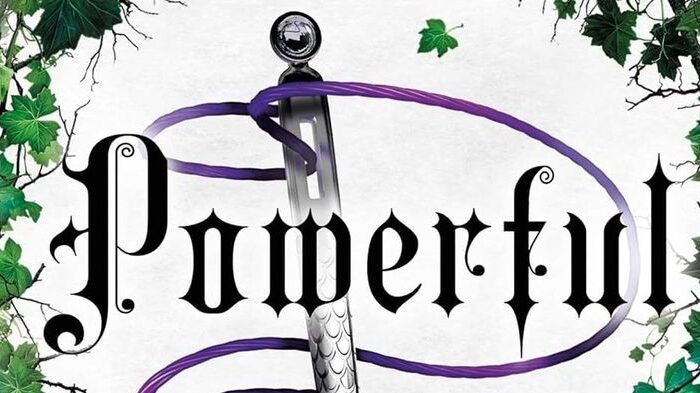
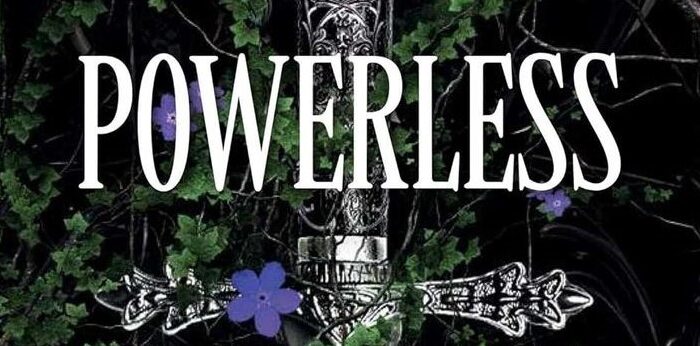
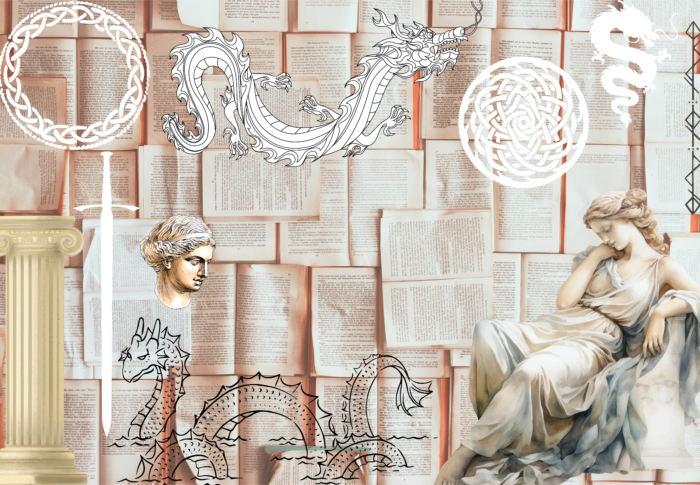



-
-
2 months
Tagged Book Recommendation, Book Review, Reader Recs